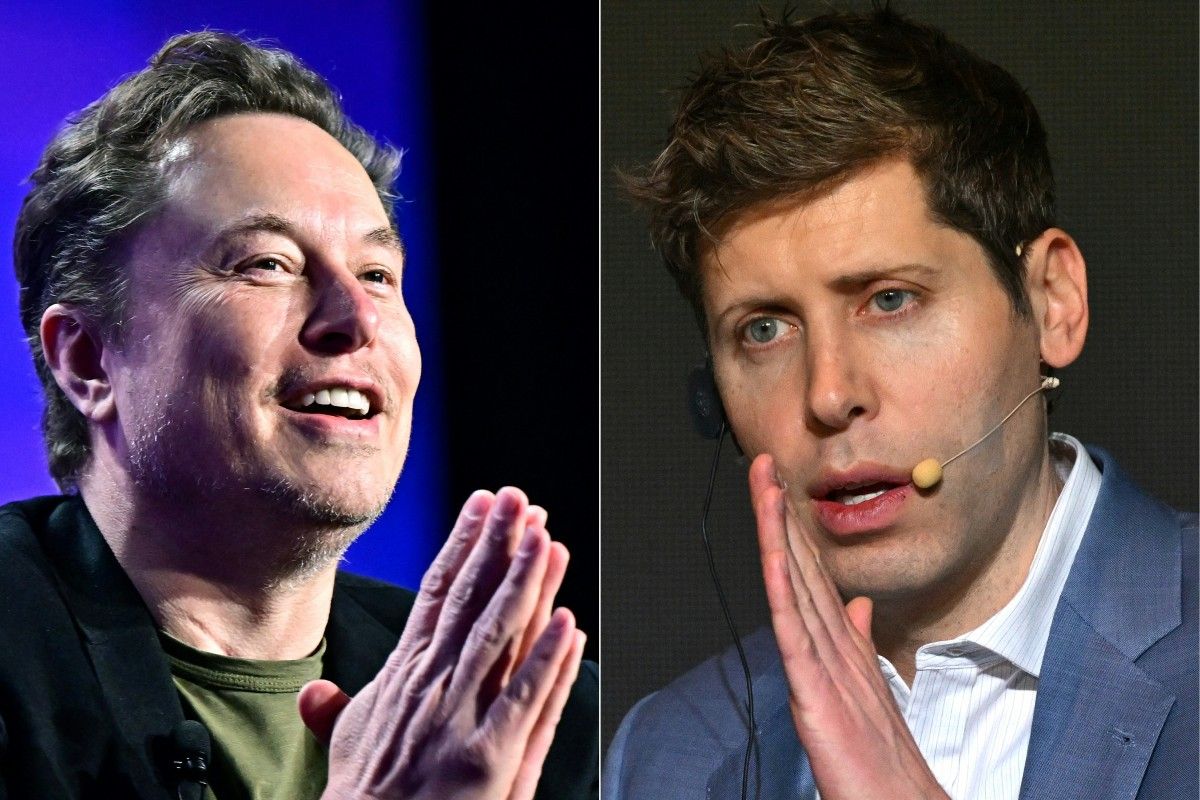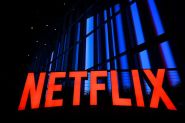
AI-generated "starter pack" and Ghibli-style illustrations are taking over social media feeds. The trend raises concerns over data privacy, copyright, and the hidden costs of generative AI.
There's no escaping them on social media—those plastic blister-packed figurine-style images complete with quirky accessories, known as “starter packs.” A playful trend, yes, but one that stirs deeper questions about copyright, environmental impact, and data privacy.
One image shows a long-haired doll next to a tiny dog and an embroidery kit—posted on Instagram by actress Brooke Shields (2.5 million followers).
The frenzy is fueled by OpenAI’s latest image generator, now available for free through ChatGPT since early April. Celebrities, politicians, and everyday users have quickly jumped on the “starter pack” bandwagon.
Users could already create images on the platform, but the latest model, GPT-4o, which powers ChatGPT, now delivers more refined, stylized results from even the simplest prompts.
This “technological breakthrough” is what drives the boom, says Anaïs Loubère, social media expert and founder of the digital agency Pipelettes.
"Ego" and "Nostalgia"
Before Barbie-like dolls, the internet was flooded with Ghibli-inspired self-portraits referencing the legendary Japanese studio behind animation hits like My Neighbor Totoro and Princess Mononoke. The viral wave began in late March when OpenAI rolled out image generation to paying subscribers.
“These formats work so well because they’re customizable,” explains Ahlem Abidi-Barthe, a digital marketing professor. “They tap right into the consumer’s ego.”
The mix of cartoon imagery and figurines also leans heavily on childhood emotion and nostalgia—key drivers of their viral power, she adds.
It’s also a massive showcase for the American tech company at a time when generative AI firms are fiercely competing for attention and users.
“There’s no better advertising for OpenAI than logging onto social media and seeing only that,” says Anaïs Loubère.
“We gained a million new users in one hour,” bragged OpenAI CEO Sam Altman on the day the image feature became publicly available.
ChatGPT was the most downloaded app in the world in March, overtaking TikTok and Instagram, according to data analytics firm Appfigures.
But the hype is drawing its fair share of criticism, too.
Hidden Cost
Several artists and illustrators—including France’s Pénélope Bagieu, winner of the 2019 Eisner Award for graphic novels—have pushed back, sharing hand-drawn starter packs online under the hashtag #StarterpacknoAI.
The rise of AI-generated images has reignited debate over how tech companies use copyrighted visuals, sounds, and videos—often without explicit permission—to train their systems.
For example, OpenAI never signed a licensing deal with Studio Ghibli.
Multiple generative AI companies are currently facing lawsuits in the U.S. for intellectual property violations, though none have yet reached a final ruling. The European Union is also drafting new legislation to regulate how AI can use copyrighted content.
Beyond copyright, the environmental toll of generative AI has also raised concern, including from French astronaut Thomas Pesquet.
To put it in perspective, a single text prompt on ChatGPT consumes 2.9 Wh of electricity—ten times more than a Google search, according to the International Energy Agency (IEA). Image generation, which demands more computing power, consumes even more energy.
There’s also the privacy angle: users are often asked to upload a selfie and share personal data to create these images.
“People are handing over personal data to companies with unclear intentions. Your image is data—and that data is valuable,” warns Joe Davies, an analyst at UK-based digital consultancy Fatjoe.
“It’s like we’re all unpaid beta testers for OpenAI. Every prompt makes the system smarter—for free,” adds Anaïs Loubère.
Still, this hype might not last, the expert cautions.
“These trends aren't built to last,” she says. “By the fiftieth starter pack you scroll past on LinkedIn or Instagram, you’re already over it.”
By Daxia ROJAS / AFP



Comments